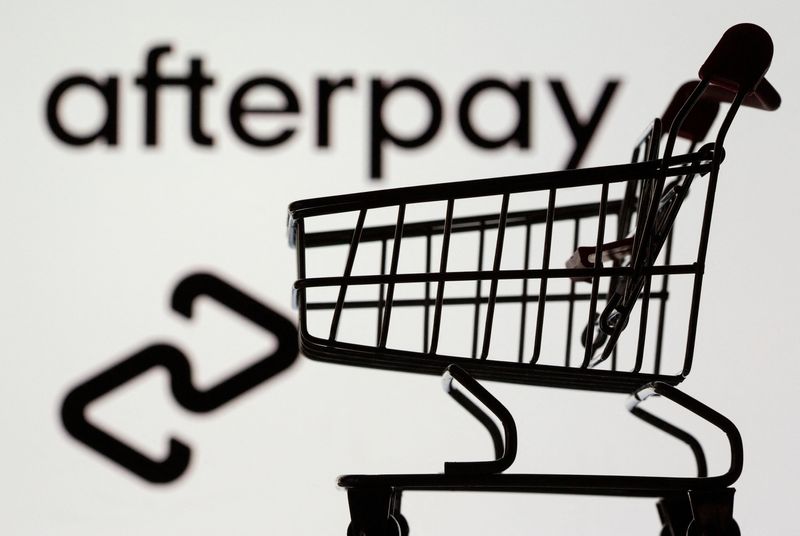Australia faces new economic challenges
2022.11.28 00:55
[ad_1]

Australia faces new economic challenges
Budrigannews.com – Melinda Elliott, a barista from Melbourne, asked her buy-now, pay-later (BNPL) provider, Afterpay, to reduce her credit limit when she had to cut back on casual work shifts this year.She didn’t want debt that she couldn’t pay back.
Her limit was reduced to A$2,000 ($1,300) by the Australian company, which is owned by Block Inc., the company that founded Twitter and is owned by Jack Dorsey’s Block Inc. A few months later, she added up the debts in her account and discovered that the limit had reverted to A$3,000, which was the maximum amount that was available.
“There was no email to inform you that your credit limit had increased once more;””It came out of nowhere,” Elliott said over the phone.I don’t want to spend more than I earn from my job.
The experience of Elliott demonstrates a fundamental aspect of a startup business model that has revolutionized consumer finance worldwide.However, as part of a proposal to regulate BNPL under the same law that regulates credit card and mortgage providers, that feature and others may soon be prohibited in Australia.
BNPL companies attract customers by not charging for credit and instead relying almost entirely on revenue from retailers, in contrast to credit card issuers, who collect both interest payments and vendor fees.They do not require any background checks because they monitor users’ repayment performance on generally small balances to control risk.
As a result, signing up is simple and the companies’ costs are low.
They are exempt from consumer credit regulation because they do not charge interest, and the industry has grown strongly during an online shopping frenzy that was fueled by payments for the COVID-19 stimulus and extremely low interest rates.
It now faces a challenge as Australia, which is home to more than a dozen listed providers, investigates the possibility of adding protections for customers.Bringing the providers under the National Consumer Credit Protection Act, which prohibits unsolicited credit-limit increases and requires background checks for most consumer lending, may be one option, according to a Treasury discussion paper published on November 21.
After soaring during the first two years of the pandemic, shares of the companies are already down significantly in 2022 due to investors’ expectations that BNPL users will shop less and may have difficulty repaying balances amid high inflation and rising interest rates on their other debts.
They will also lose their primary competitive advantages if they are subjected to regular consumer credit regulation.
“What it means for the companies is, yes, it would be harder to make money,” said Jamie Hannah, deputy head of investments and capital markets at VanEck Australia. Following Block’s purchase of Afterpay this year, VanEck Australia holds shares of Block that are listed on the Australian stock exchange.
Hannah added, “maybe the credit isn’t as freely available to everyone who would like to access it” in the event that BNPL firms must adhere to the Credit Act.Everything needs to be looked at in the context of the present.”
Despite the fact that BNPL providers Affirm Holdings Inc. in the United States, Klarna in Sweden, and BNPL providers Affirm Holdings Inc. in Britain all plan to regulate the industry, no country has yet implemented standard consumer credit regulations.
Afterpay, which alongside other BNPL suppliers has until Dec. 23 to answer the conversation paper, said its current process for compensating convenient reimbursement with credit limit increments and rebuffing late installment with credit cuts enabled a more exact reflection to support obligation than the oddball checks expected with charge card suppliers.
Michael Saadat, Afterpay’s vice president of regulatory affairs, stated, “We would worry that that kind of proposal would have the unintended impact of providers not being able to start consumers on low spending limits in the way we have done.”
“We need any new administrative structure not to make it harder for us to convey the supportive of buyer item develop that we’ve had set up for a long time.”
When asked about Elliott’s experience using Afterpay, a spokesperson for the company stated that customers could always request lower limits.The issue of limits being raised again without a request was not addressed by the spokesperson.
According to Cynthia Scott, the company’s managing director for Australia, the second player, Zip Co Ltd, supports regulation and already operates a line of credit product that must comply with the Credit Act. As a result, changes requiring it to do the same for BNPL would mean “little to no change in our procedures, depending on how they’re drafted.”
According to Reuters, the Credit Act’s supervisory body, the Australian Securities and Investments Commission, is “supportive of the BNPL sector being subject to regulation.”
According to research conducted for Reuters by analytics firm SimilarWeb (NYSE:), there have been fewer online searches for market leader Afterpay every month since June than there were a year ago.All year, there has been a decline in Zip searches.
SimilarWeb senior insights manager David Carr stated, “It’s clear that economic pressures and rising interest rates are starting to take their toll on discretionary spending.”
Tom Beadle, an analyst at UBS, stated that some accounts would be closed once the regulation took effect.
[ad_2]








